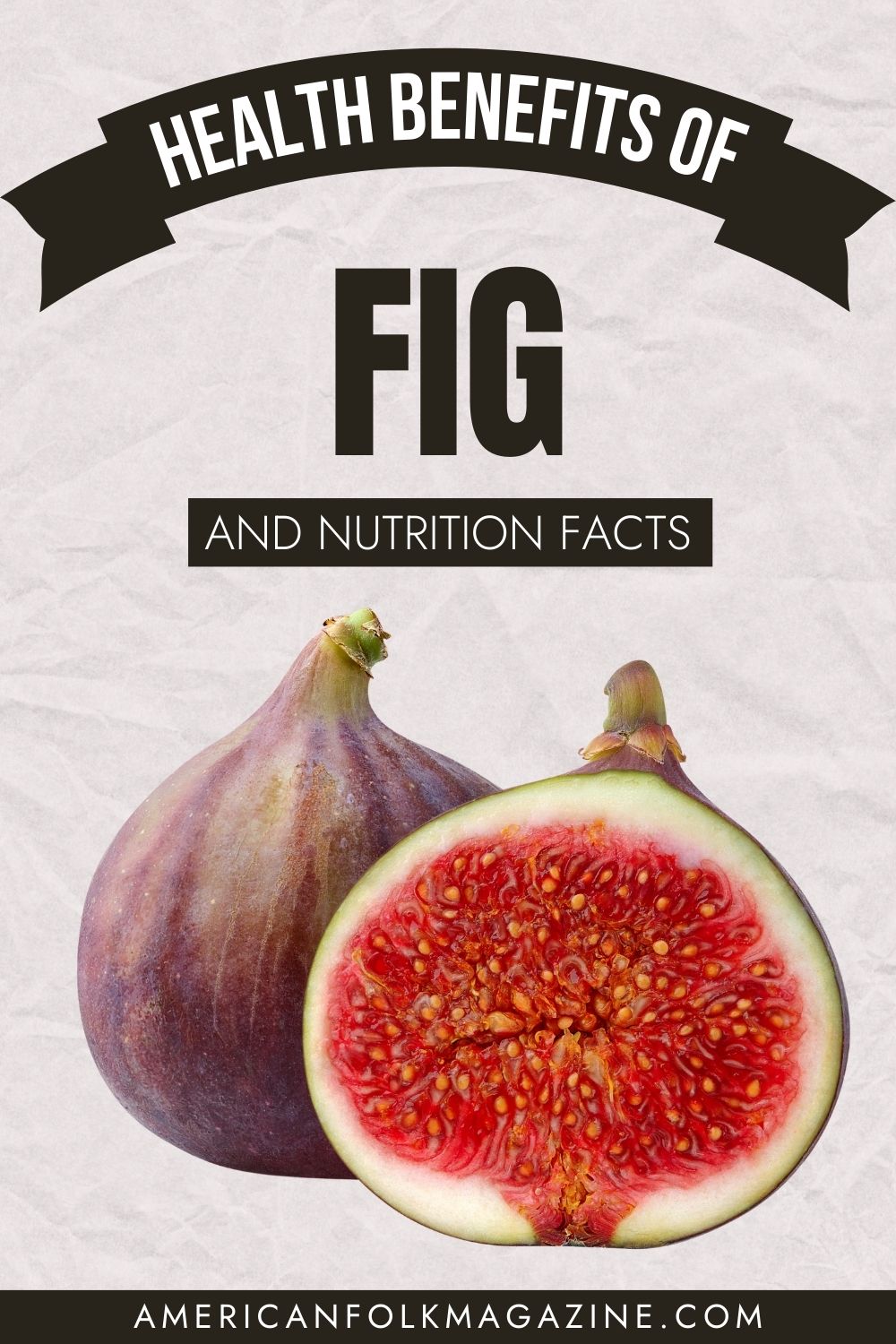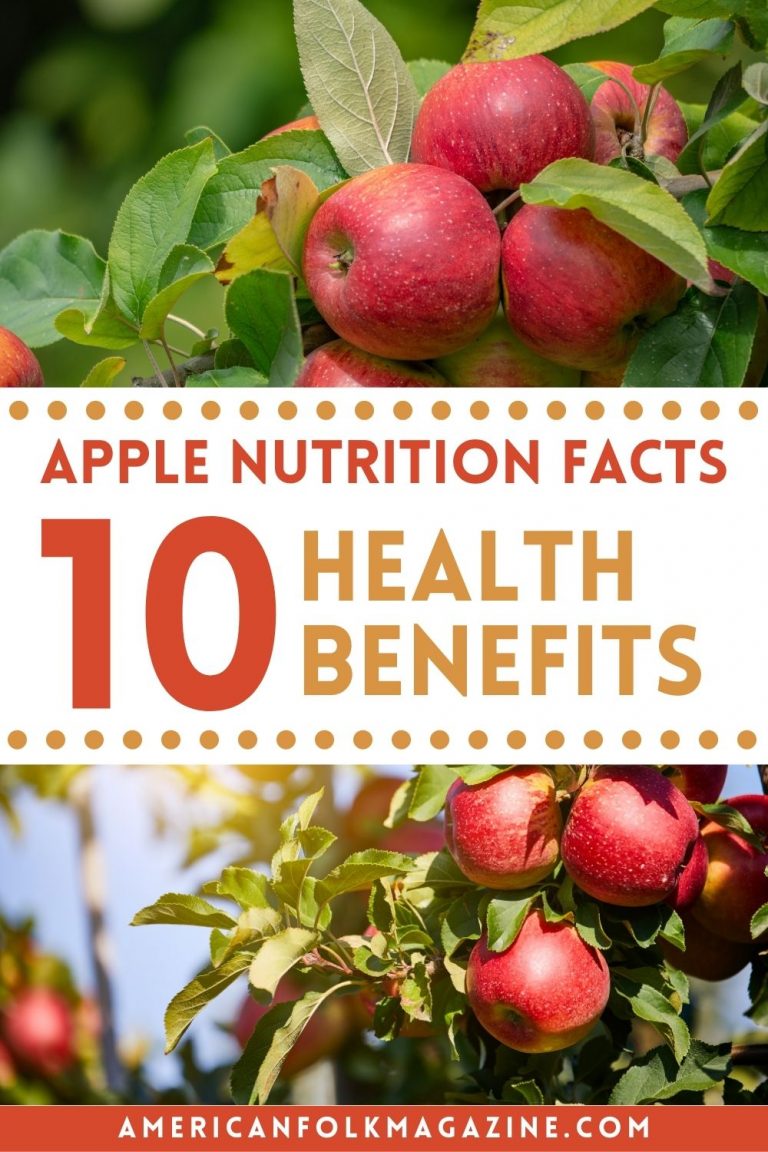Figs are a delicious fruit that has been enjoyed for centuries. They are not only a tasty snack, but also a great source of nutrition. In this article, we will explore the nutrition facts of figs and the top 10 health benefits they offer.
Fig Nutrition Facts
Figs are nutritious fruit that is low in calories and high in fiber. They are also a good source of vitamins and minerals.
The following table provides the nutrition information for one medium-sized fresh fig, which is approximately 50 grams:
| Nutrient | Amount |
|---|---|
| Calories | 37 |
| Carbohydrates | 9 grams |
| Fiber | 2 grams |
| Protein | 0.4 grams |
| Fat | 0.2 grams |
| Vitamin K | 5% of the daily value (DV) |
| Potassium | 116 mg (3% DV) |
| Calcium | 14 mg (1% DV) |
| Magnesium | 8 mg (2% DV) |
| Phosphorus | 14 mg (1% DV) |
| Iron | 0.2 mg (1% DV) |
| Vitamin B6 | 2% DV |
| Copper | 0.1 mg (5% DV) |
| Manganese | 0.1 mg (5% DV) |
Figs are also a good source of antioxidants, including polyphenols and flavonoids. These compounds protect the body from damage caused by free radicals and may help prevent chronic diseases.
In addition to these nutrients, figs also contain small amounts of other vitamins and minerals, including vitamin C, vitamin E, vitamin A, and zinc.
Overall, figs are a nutritious fruit that can be a healthy addition to a balanced diet.
10 Health Benefits of Figs
Figs are delicious and nutritious fruit that offer a wide range of health benefits. Here are 10 of the most notable health benefits of figs:
Heart Health
Figs are rich in potassium, a mineral that helps to regulate blood pressure and reduce the risk of heart disease. Additionally, the fiber in figs can help to lower cholesterol levels and reduce the risk of heart disease.
Including figs as part of a balanced diet can contribute to maintaining a healthy heart and cardiovascular system.
Digestive Health
The high fiber content in figs also makes them great for digestive health. Fiber can help to promote regular bowel movements and prevent constipation.
Figs also contain enzymes that can aid in digestion and improve nutrient absorption, making them a beneficial addition to support a healthy digestive tract.
Bone Health
Figs are a good source of calcium, which is essential for strong bones. Calcium plays a crucial role in maintaining bone density and preventing conditions like osteoporosis.
Additionally, the magnesium in figs can complement calcium’s benefits, further supporting overall bone health.
Blood Pressure Regulation
As mentioned earlier, the potassium in figs can help to regulate blood pressure. This is important because high blood pressure is a major risk factor for heart disease and stroke. Including figs in your diet can be a natural and delicious way to help manage blood pressure levels.
Weight Management
Figs are relatively low in calories and high in fiber, which makes them a great food for weight management. The fiber in figs can help to promote feelings of fullness and reduce overall calorie intake, aiding those who are watching their weight or trying to achieve weight loss goals.
Cancer Prevention
Figs contain antioxidants that can help to protect against cancer. Antioxidants play a vital role in neutralizing harmful free radicals in the body, potentially reducing the risk of cancer development. Including figs in an antioxidant-rich diet can be part of a holistic approach to cancer prevention.
Diabetes Management
Figs have a low glycemic index, which means they can be good food for people with diabetes. The low glycemic index indicates that figs cause a slower and more gradual increase in blood sugar levels.
However, individuals with diabetes should still consume them in moderation as part of an overall balanced diet and under the guidance of their healthcare provider.
Skin Health
The antioxidants in figs can help to protect against skin damage and premature aging. Exposure to environmental factors and free radicals can cause oxidative stress on the skin, leading to signs of aging. The presence of antioxidants in figs can contribute to maintaining healthy and radiant skin.
Eye Health
Figs are a good source of vitamin A, which is important for eye health. Vitamin A plays a role in maintaining good vision and may help prevent age-related macular degeneration and other eye diseases. Including figs in your diet can be a tasty way to support your eye health.
Enhanced Immunity
Figs contain a range of nutrients that can help to boost the immune system and protect against illness. These nutrients include vitamin C, vitamin A, and antioxidants.
By supporting your immune system with the right nutrients, you can potentially reduce the risk of infections and enjoy better overall health.
How to Incorporate Figs into Your Diet
Figs are a delicious and versatile fruit that can be easily incorporated into your daily diet. Here are some simple ways to enjoy them:
- As a snack: Fresh figs make a great snack on their own, or paired with nuts or cheese for a more filling option.
- In salads: Sliced figs add a sweet and juicy element to any salad. They pair particularly well with arugula, goat cheese, and balsamic vinaigrette.
- On toast: Spread some nut butter on your favorite bread, and top with sliced figs and a drizzle of honey for a sweet and satisfying breakfast or snack.
- In baked goods: Dried figs can be chopped up and added to muffins, breads, and cookies for natural sweetness and added fiber.
- In smoothies: Blend fresh or frozen figs into your favorite smoothie for a sweet and creamy addition.
It’s important to note that while figs are a healthy and delicious addition to any diet, they are also relatively high in natural sugars. It’s best to enjoy them in moderation and balance them with other healthy foods.
References:
- https://www.webmd.com/diet/health-benefits-figs
- https://ods.od.nih.gov/factsheets/Copper-HealthProfessional/
- https://www.healthline.com/nutrition/figs-benefits
- https://www.verywellfit.com/calories-in-figs-nutrition-and-health-benefits-4109063
- https://www.medicalnewstoday.com/articles/327207
Pin It In Your Board











